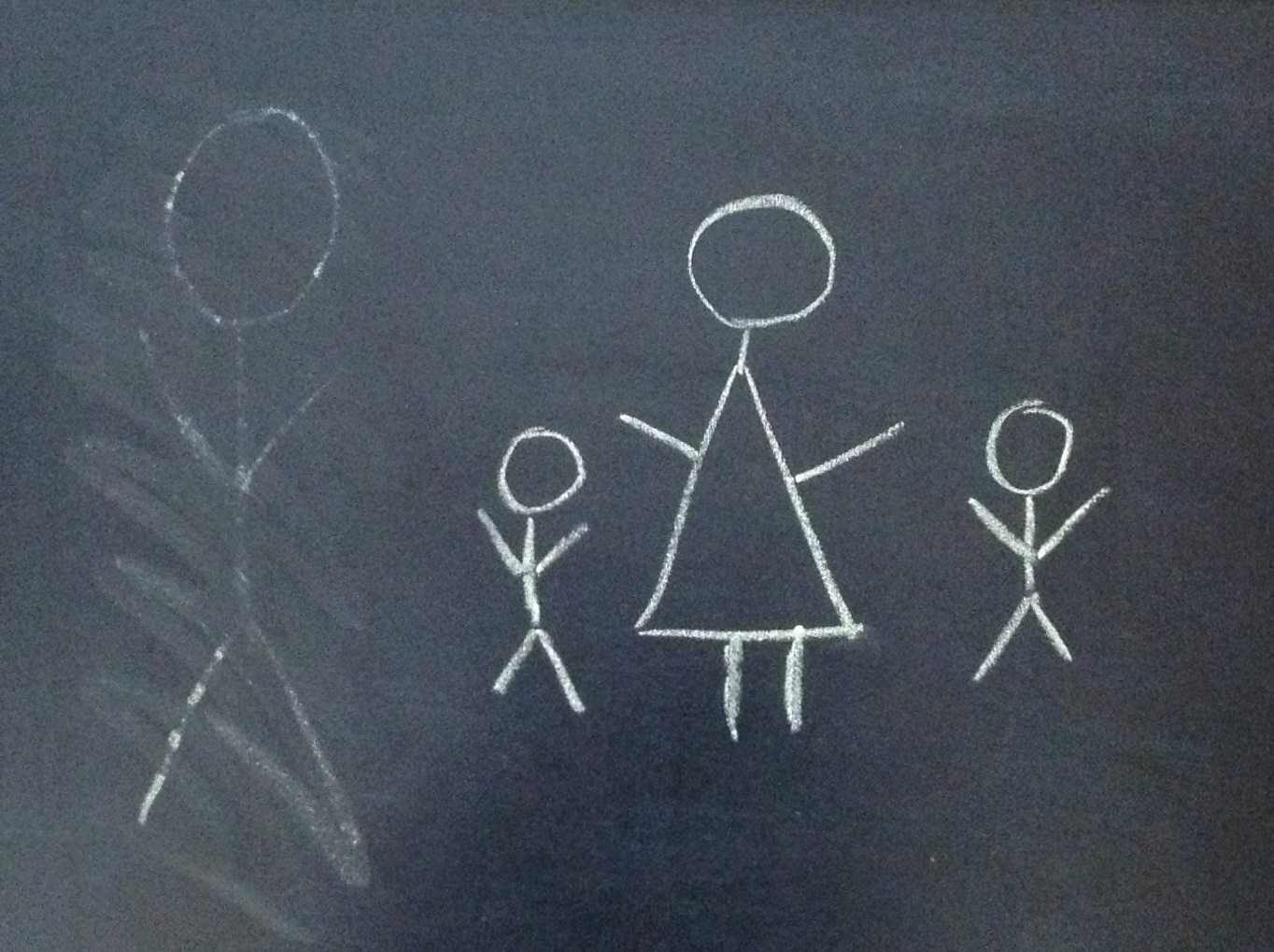
There is an epidemic that is the root cause for America’s societal ills and it’s not what you may think. It’s not capitalism, socialism, consumerism, racism or environmentalism. According to the National Center on Fathering, those affected by this epidemic have a 4x greater risk of poverty, are 2x more likely to suffer from obesity, 2x more likely to drop out of high school, 7x more likely to become pregnant as a teen, are more likely to commit crime, abuse drugs, and go to prison. The epidemic I’m speaking about is fatherlessness and its impact is huge. According to the U.S. Census Bureau 24 million children in America, 1 in 3 live without their biological father in the home. Fatherlessness is an epidemic and the consequences of the breakdown of the family are having a monumental negative impact on our society.
We need to address fatherlessness if we want to change the trajectory of our society for future generations, however there’s something lurking below the surface that I believe has a far wider reach and greater depth of impact than the type of fatherlessness I just described. At the other end of the spectrum there are 49 million children in America who have a father in the home, yet how many of them are disengaged dads, vacant shells and zombie like figures that represent a different type of fatherlessness? According to the U.S. Bureau of Labor Statistics, the average man works over 8 hours per day, spends on average more than 4 hours on their mobile device, 2 hours watching tv, about 2 hours on household duties and less than 2 hours caring for and helping household children. The crazy thing is the time spent caring for and helping household children actually went down on the weekends, when you would expect fathers to spend more time with their children. This is the sour state of the union of fatherhood. Now add in the distraction and dopamine addition from technology, the impending AI takeover and the opportunity to outsource fatherhood to robots, and the current Millennial fathers and soon to be Generation Z fathers coming up the ranks we are at a tipping point for fatherhood and we must get our hands around the issue. This may seem like a bleak picture of fatherhood, but it’s the reality of the state we’re in. Fatherhood is no longer a playground, it’s a battleground. Changing the fatherlessness epidemic is the single largest impact we can have to change the trajectory of our society.